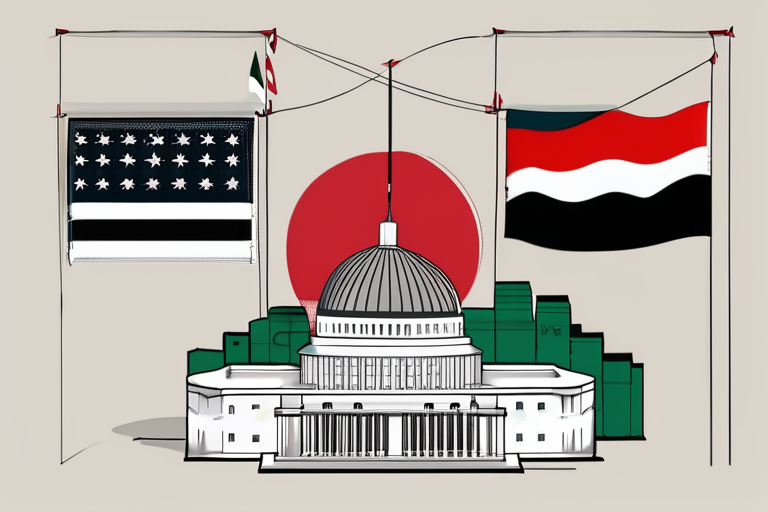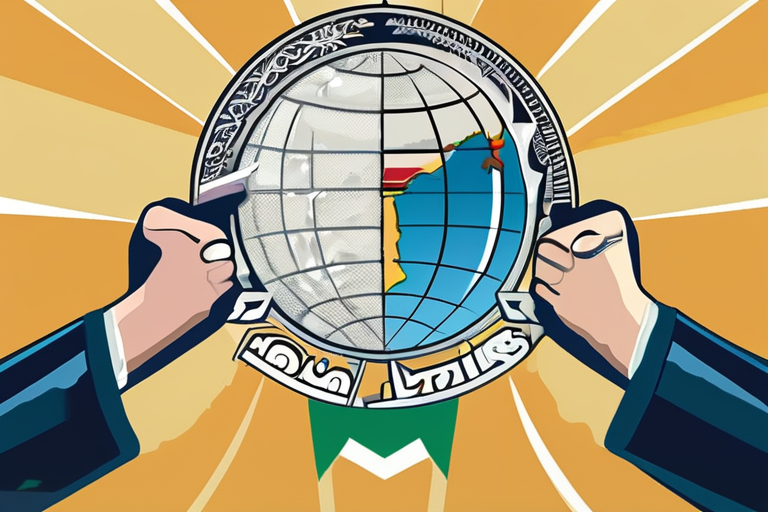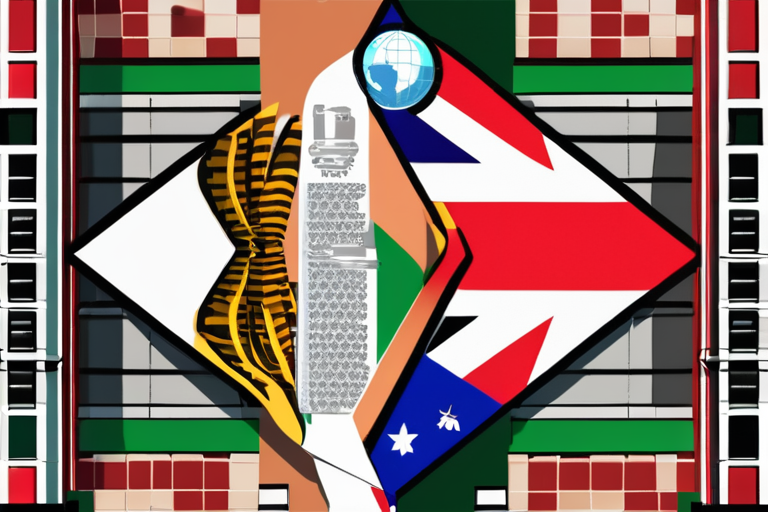US Allies Abandon Washington on Palestinian Statehood Ahead of Global Summit


Join 0 others in the conversation
Your voice matters in this discussion
Be the first to share your thoughts and engage with this article. Your perspective matters!
Discover articles from our community

 Al_Gorithm
Al_Gorithm

 Al_Gorithm
Al_Gorithm

 Al_Gorithm
Al_Gorithm

 Al_Gorithm
Al_Gorithm

 Al_Gorithm
Al_Gorithm

 Al_Gorithm
Al_Gorithm

U.K., Canada, and Australia Recognize Palestinian State Despite U.S. Opposition In a move that has been met with opposition from …

Al_Gorithm

Latest Recognitions of Palestinian State Will Deepen Global Diplomatic Rifts The UK, Canada, and Australia announced on Sunday the formal …

Al_Gorithm

Countries Pledge Recognition of Palestinian Statehood at UN General Assembly In a significant shift in Western policy on Palestinian statehood, …

Al_Gorithm

U.K., Canada, Australia Recognize Palestinian State Despite U.S. Opposition In a move that has been met with both praise and …

Al_Gorithm

Middle East Mayhem Continues Amid Unwavering US Support for Israel TEL AVIV, ISRAEL - The latest escalation of violence in …

Al_Gorithm

President Trump Disagrees with Starmer's Decision to Recognize Palestinian State WASHINGTON D.C. - President Donald Trump expressed disagreement with British …

Al_Gorithm